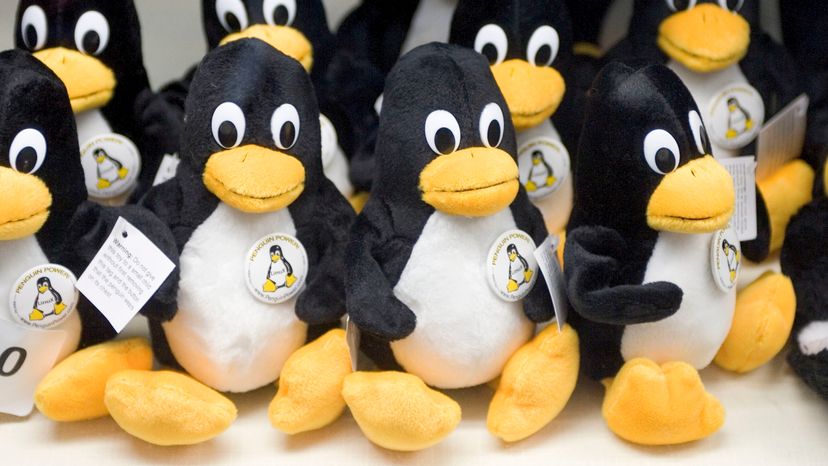Linux is as much a phenomenon as it is an operating system. To understand why Linux has become so popular, it is helpful to know a little bit about its history.
Unix originated in the late 1960s as a project at Bell Labs [source: University of Colorado Boulder]. Developed by Ken Thompson, Dennis Ritchie, and others, Unix was designed to be a portable, multi-tasking, and multi-user system in an era dominated by proprietary operating systems. It's was designed with simplicity in ming, and uses small, modular utilities that could be combined in any number of ways.
The first version of UNIX was used primarily as a research operating system in universities. High-powered desktop workstations from companies like Sun proliferated in the 1980s, and they were all based on UNIX.
A number of companies entered the workstation field to compete against Sun: HP, IBM, Silicon Graphics, Apollo, etc. Unfortunately, each one had its own version of UNIX and this made the sale of software difficult. Windows NT was Microsoft's answer to this marketplace.
NT provides the same sort of features as UNIX operating systems — security, support for multiple CPUs, large-scale memory and disk management, etc. — but it does it in a way that is compatible with most Windows applications.
The entry of Microsoft into the high-end workstation arena created a strange dynamic. The proprietary operating systems owned by separate companies and the lack of a central authority in the UNIX world weaken UNIX, but many people have personal problems with Microsoft. Linux stepped into this odd landscape and captured a lot of attention.
The Linux kernel, created by Linus Torvalds, was made available to the world for free. Torvalds then invited others to add to the kernel provided that they keep their contributions free [source: Love]. Thousands of programmers began working to enhance Linux, and the operating system grew rapidly. Because it is free and runs on PC platforms, it gained a sizeable audience among hard-core developers very quickly. Linux has a dedicated following and appeals to several different kinds of people:
- People who already know UNIX systems and want to run it on PC-type hardware
- People who want to experiment with operating system principles
- People who need or want a great deal of control over their operating system
- People who have personal problems with Microsoft
In general, Linux is harder to manage than something like Windows, but offers more flexibility and configuration options.
